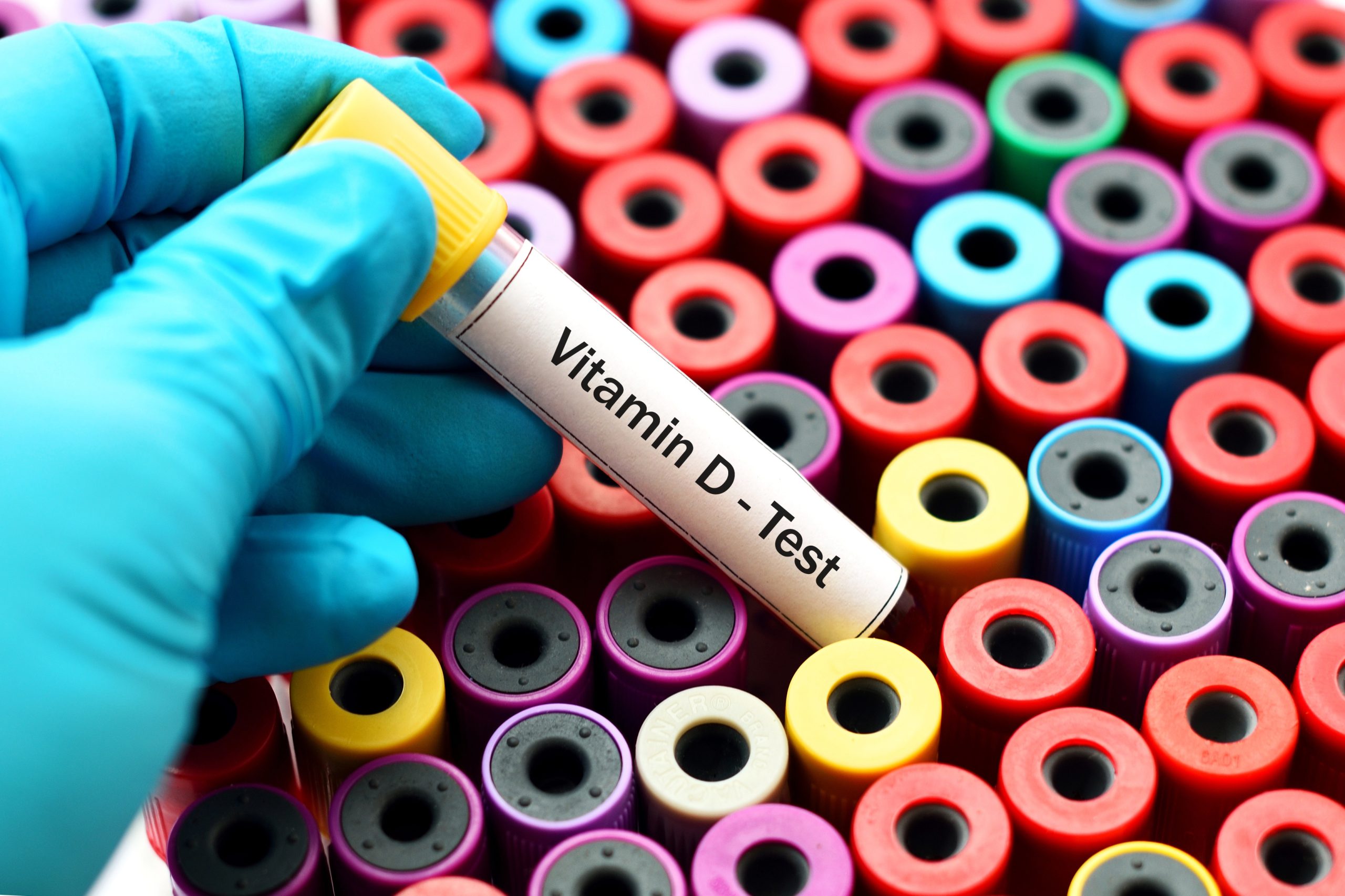 The human body is magnificent. For as much as we know about human physiology, there is an even greater number of processes that we don’t fully understand. I am grateful for the researchers/investigators that continue to explore what makes us function. One of my personal mottos, and I hope you add it to yours, is “The more we know, the better we can be and the better we can treat our patients.”
The human body is magnificent. For as much as we know about human physiology, there is an even greater number of processes that we don’t fully understand. I am grateful for the researchers/investigators that continue to explore what makes us function. One of my personal mottos, and I hope you add it to yours, is “The more we know, the better we can be and the better we can treat our patients.”
The importance of Vitamin D is one of ever-evolving understandings. The more we discover, the more we need to continue to investigate because of the prevalence of Vitamin D deficiencies. There are numerous studies supporting the fact that about 41% of Americans are Vitamin D deficient.1 Other studies show Vitamin D deficiency is high in critically ill patients.2 If we want healthier patients, then a simple question would be “What are your Vitamin D levels?”
Vitamin D is needed to build strong bones. It is essential for calcium absorption and bone mineralization.3 To determine the grade of periodontitis, an evaluation of bone, or more importantly an evaluation of the destruction of the bone, is needed. When there is bone loss of any degree, a simple question would be “What are your Vitamin D levels?”
As the oral systemic connection is becoming more universal and pathogen testing is more prevalent, we can’t ignore that the mouth is connected to the body. Oral healthcare professionals need to expand their investigation skills. The simple question to your patient, “What are your Vitamin D levels?” might spark the response “Oh, my medical doctor has told me I should take Vitamin D.” Presenting yet another example of how you are part of the healthcare team. So, you may ask “Why Vitamin D?” I say, “Why not!”
References:
1. https://pubmed.ncbi.nlm.nih.gov/21310306/
2. https://www.frontiersin.org/articles/10.3389/fnut.2021.768804/full
3. https://www.ncbi.nlm.nih.gov/pmc/articles/PMC3257679/pdf/nutrients-02-00693.pdf
- Practicing Dental Medicine: The Partnership with a Clinical Laboratory - December 13, 2024
- Olympic Spirit: Achieving Gold in Healthcare - August 16, 2024
- The Winning Team: The Healthcare Provider & The Clinical Laboratory - April 12, 2024

